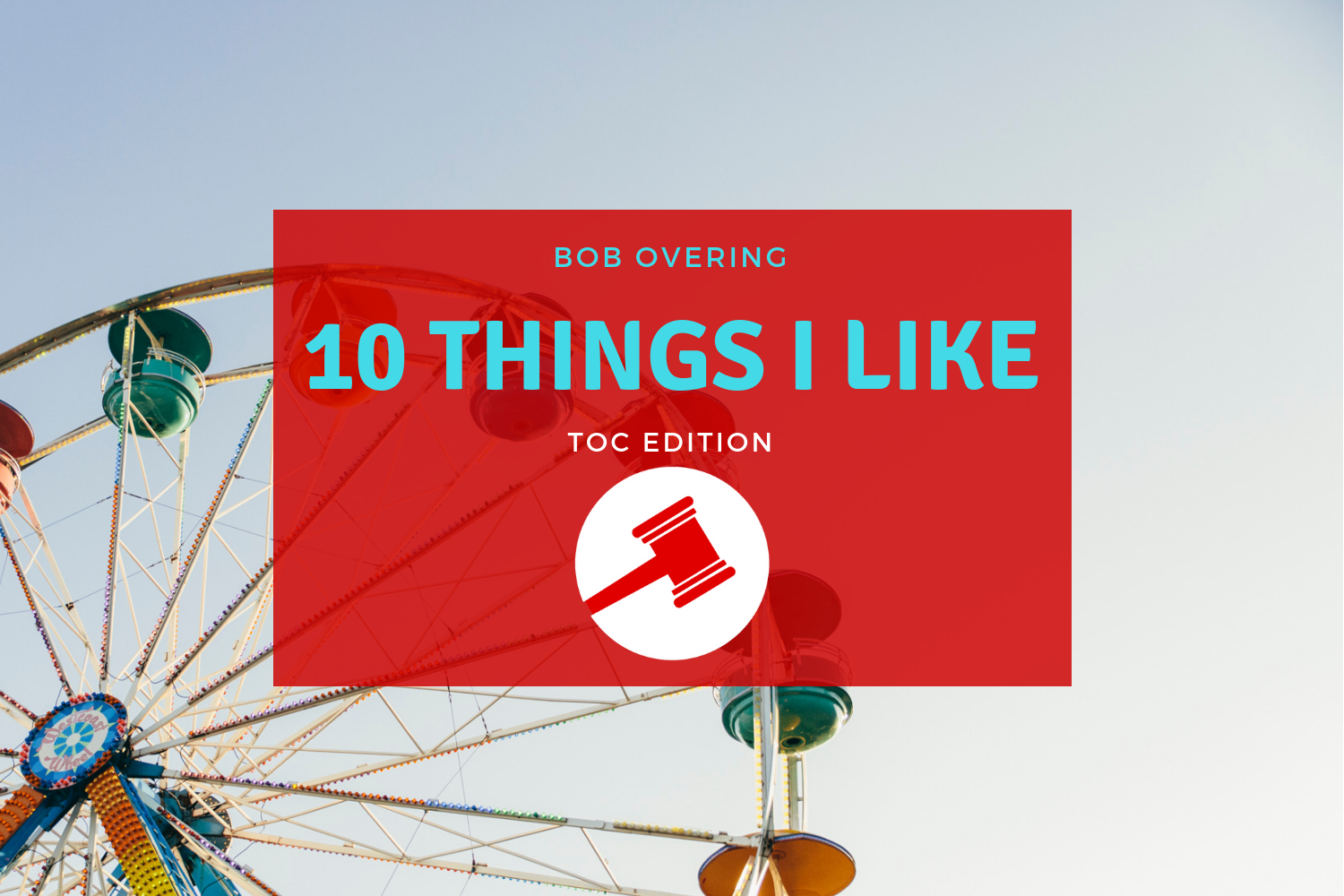Being Forgotten: Kantian Positions

Resolved: The “right to be forgotten” from Internet searches ought to be a civil right.
The September/October topic saw an increase in Kantian cases. The position’s promise is two-fold.
First, winning framework is relatively easy. Every judge is familiar with Kant, so you don’t face a higher burden of explanation and extensions as someone reading Hegel. Neo-Kantians like Korsgaard write lucidly, so it’s easier for judges to evaluate and for debaters to articulate in-round. Especially helpful: Kant’s just true. There will never be an argument made that isn’t already dealt with by Kantians.
Second, there’s untapped potential. Korsgaard’s website hosts a plethora of lucid articles that are immediately applicable to common debate arguments [1]. Yet virtually none of it has spilled over into rounds. The wealth of Kantian literature guarantees you can find nuances to exclude common turns and framework answers.
Kantian frameworks offer even more on the new topic because most other frameworks don’t obviously include a theory of rights. A Kantian AC would be resilient against an otherwise solid NC strategy that generates another out by contesting whether the AC framework – Util especially faces this challenge – can establish rights, let alone a right to be forgotten.
Also, the topic literature caters to Kantian positions. Util cannot as easily account for freedom of speech, privacy, or defamation concerns that dominate the topic. Keep this in mind when combating TJFs [2].
Here’s a quick overview on this topic’s stock Kant offense. The aff may read defamation and privacy offense. (People who debated the NSA topic could recycle arguments favoring privacy rights.) The neg may read free speech offense.
Defamation Advantage
The “right to be forgotten” ensures irrelevant or false information won’t ruin our reputations. Adlex Solicitors:
[http://www.adlexsolicitors.co.uk/right-to-be-forgotten.htm]
The right may arise in cases of defamation – and indeed it goes wider than this as it can also apply where there is negative comment which is true (and therefore not defamatory). But only if the information can be considered outdated, irrelevant or excessive. (Though there may be a separate basis to seek search engine removal in the case of defamation – see Internet Defamation Disputes).
Defamation treats someone’s property – namely, their reputation – as a means to anothers’ ends. Varden:
[A Kantian Conception of Free Speech Helga Varden In Deidre Golash (ed.), Free Speech in a Diverse World. Springer (2010) philpapers.org/rec/VARAKC-5]
What about defamation, how does it involve coercion? Attempts at defamation also constitute attempts non-consensually to deprive others of what is theirs, namely their good reputations as determined by their actions. Corresponding to a person’s innate right to freedom, Kant argues, is that person’s duty to “Be an honourable human being… Rightful honour… consists in asserting one’s worth as a human being in relation to others” (6: 236). To defend one’s rightful honor is to defend one’s right to be recognized by others solely by the deeds one has performed. Indeed, one’s reputation, Kant explains, “is an innate external belonging” (6: 295); it can originally belong only to the person whose deeds are in question. If others spread falsehoods about the life she has lived, then she has the right and duty to challenge their lies publicly, for her reputation belongs only to her and to no one else. A person’s reputation is not a means subject to other people’s choice; it is not a means others have a right to manipulate in order to pursue their own ends. To permit this, Kant argues, would be to permit others to use your person as their own means, or to “make yourself a mere means for others” rather than also being “at the same time an end for them” (6: 236).
Free Speech DA
The harsh penalties for violating the right will chill free speech. Shoor
[NARROWING THE RIGHT TO BE FORGOTTEN: WHY THE EUROPEAN UNION NEEDS TO AMEND THE PROPOSED DATA PROTECTION REGULATION Emily Adams Shoor B.A., Politics and History, New York University (2008); J.D., Brooklyn Law School (expected 2014); Executive Articles Editor of the Brooklyn Journal of International Law (2013–2014).]
The penalties imposed for violating the Right to Be Forgotten are too high and constitute an overreach that will result in a chilling effect on freedom of expression. If controllers comply with takedown requests without true and intensive analysis as to whether an exception applies, the resulting effect will be the unnecessary removal of permissible material. Article 79 of the Regulation imposes administrative sanctions for negligent, intentional, and unintentional noncompliance with the articles of the Regulation.125 Article 79(5)(c) states, The supervisory authority shall impose a fine up to 500 000 EUR, or in case of an enterprise up to 1% of its annual worldwide turnover, to anyone who, intentionally or negligently: . . . . (c) does not comply with the right to be forgotten or to erasure, or fails to put mechanisms in place to ensure that the time limits are observed or does not take all necessary steps to inform third parties that a data subjects requests to erase ure, or fails to put mechanisms in place to ensure that the time limits are observed or does not take all necessary steps to inform third parties that a data subjects requests to erase any links to, or copy or replication of the personal data pursuant Article 17.126 With potential penalties of up to 1% of a company’s global annual revenue, “enterprises” such as Google will be incentivized to comply with all takedown requests in fear of the supervisory authority issuing crippling penalties.127 The Regulation requires these companies to determine what content falls with in the exceptions for “literary, artistic or journalistic” content, forcing these enterprises into the role of global censors.128 This new requirement puts enterprises in a new role not previously required of them and tasks them with the substantial obligation of analyzing personal content.
And the state can’t prohibit free speech. Varden:
[A Kantian Conception of Free Speech Helga Varden In Deidre Golash (ed.), Free Speech in a Diverse World. Springer (2010) philpapers.org/rec/VARAKC-5]
This distinction between internal and external use of choice and freedom explains why Kant maintains that most ways in which a person uses words in his interactions with others cannot be seen as involv[e]ing wrongdoing from the point of view of right: “such things as merely communicating his thoughts to them, telling or promising them something, whether what he says is true and sincere or untrue and insincere” do not constitute wrongdoing because “it is entirely up to them [the listeners] whether they want to believe him or not” (6: 238). The utterance of words in space and time does not have the power to hinder anyone else’s external freedom, including depriving him of his means. Since words as such cannot exert physical power over people, it is impossible to use them as a means of coercion against another. For example, if you block my way, you coerce me by hindering my movements: you hinder my [and] external freedom. If, however, you simply tell me not to move, you have done nothing coercive, nothing to hinder my external freedom, as I can simply walk passed you. So, even though by means of your words, you attempt to influence my internal use of choice by providing me with possible reasons for acting, you accomplish nothing coercive. That is, you may wish that I take on your proposal for action, but you do nothing to force me to do so. Whether or not I choose to act on your suggestion is still entirely up to me. Therefore, you cannot choose for me. My choice to act on your words is beyond the reach of your words, as is any other means I might have. Indeed, even if what you suggest is the virtuous thing to do, your words are powerless with regard to making me act virtuously. Virtuous action requires not only that I act on the right maxims, but that I also do so because it is the right thing to do, or from duty. Because the choice of maxims (internal use of choice) and duty (internal freedom) are beyond the grasp of coercion, Kant holds that most uses of words, including immoral ones such as lying, cannot be seen as involving wrongdoing from the point of view of right.
One thing to note is the variety of deontological cases.
The cards above operate under Kant’s political philosophy, which debaters almost exclusively associate with Ripstein. Tip-offs include mentions of internal freedom, external freedom, duties of right, duties of virtue, a system of equal freedom, or rightful condition. To read more, consider Ripstein’s Force and Freedom, Mulholland’s Kant’s System of Rights, or Kant’s Doctrine of Right. Given that the establishment of a right is central to the topic, this framework obviously lends itself well.
Nevertheless, many debaters have read and will continue to read frameworks that are typically agent-centered and more or less sweep political philosophy under the rug. While defensible and successful, these cases aren’t clear in how they affirm the existence of a right.
The autonomy framework (sometimes known as “libertarian” or “minarchist”) is another popular deontological framework. It claims coercion is bad and laws are coercive, so laws are bad. Deliberately drained of sophistication to create a necessary but insufficient burden on any topic, this framework mostly gets read since it’s a strategic time-suck. It’s not clear what these cases permit or obligate the state to do, if anything at all.
It’s instructional for debaters reading Ripstein positions to know how to beat this NC decisively because it matters that you know which offense about coercion and freedom links into your own framework. To learn more, read Chapters 1, 6, and 7 in Force and Freedom.
Regardless of the framework chosen, there’s also a T issue to hash out. It’s unclear whether public officials can exercise the right to be forgotten. Most articles agree the vague ECJ ruling excludes public officials from exercising the right. The ECJ ruling forms the core of the topic lit, so there’s a strong reason to for why the aff can exclude public officials from the right. To be sure, different conceptions of the right to be forgotten do exist and the ECJ ruling might be bad to defend for other reasons. This is a debate to have in round. If the aff does defend the right to be forgotten for public officials, many frameworks – Kant is one of them – would lean neg because of the accountability concern [3].
There’s a lot more to say about these cards and the different frameworks, but this is just a quick overview on what could be stock. Feel encouraged to follow the citations to find more extensive discussions of the topics.
Footnotes:
[1] http://www.people.fas.harvard.edu/~korsgaar/Complete.Writings.html
[2] http://nsdupdate.com/2013/11/11/head-to-head-theoretically-justified-frameworks
[3] http://globalvoicesonline.org/2014/10/13/will-the-right-to-be-forgotten-inspire-repressive-regimes-to-expand-internet-censorship/
Last remarks:
If you want a gateway to understanding the topic more broadly, try reading this:
http://www.newyorker.com/magazine/2014/09/29/solace-oblivion
If you need a gateway to understanding Kant, check this out: http://www.tc.umn.edu/~ston0235/3311/readings/velleman-intro.pdf




3 Comments
is there a brief for this coming out soon?
Can you provide a link to the article in which you say that the ECJ court ruling would exclude public officials from exercising the right. I haven’t been able to find such article.
“A case-by-case assessment is needed considering the type of information in question, its sensitivity for the individual’s private life and the interest of the public in having access to that information. The role the person requesting the deletion plays in public life might also be relevant.”
That’s from the European Commission’s fact sheet on the ruling. I think my language in the article was probably too strong on second look. Public officials can exercise that right but only if the info does not have “preponderant” public interest in being visible. It’s really vague which sucks.